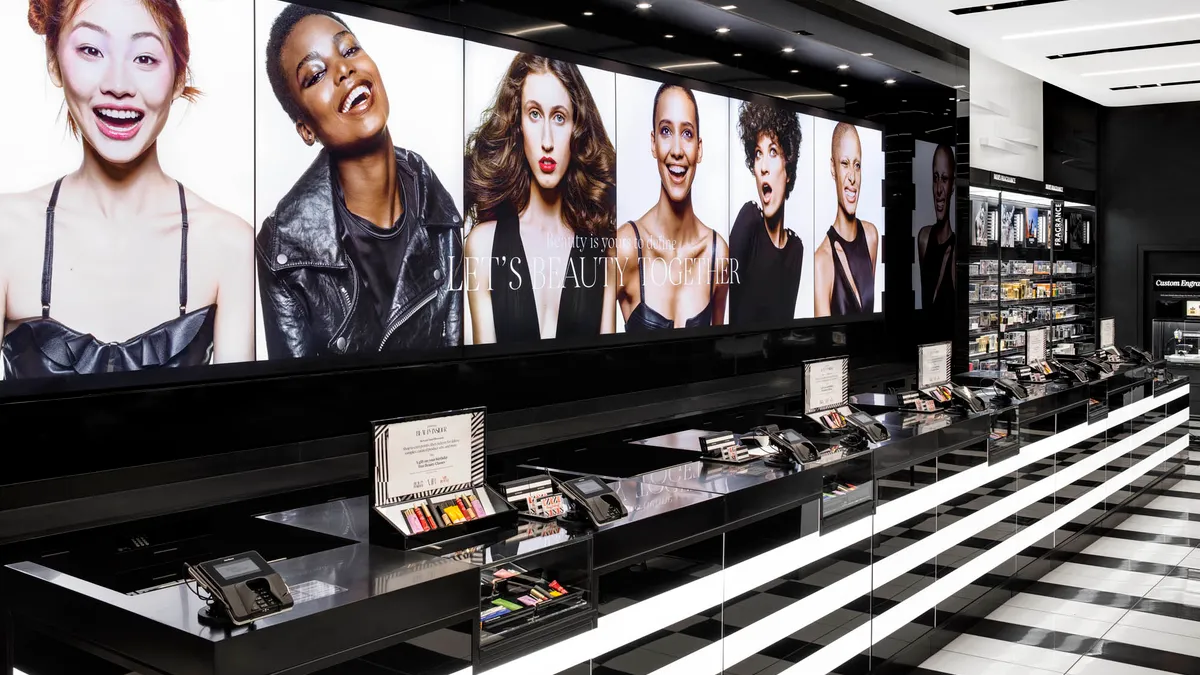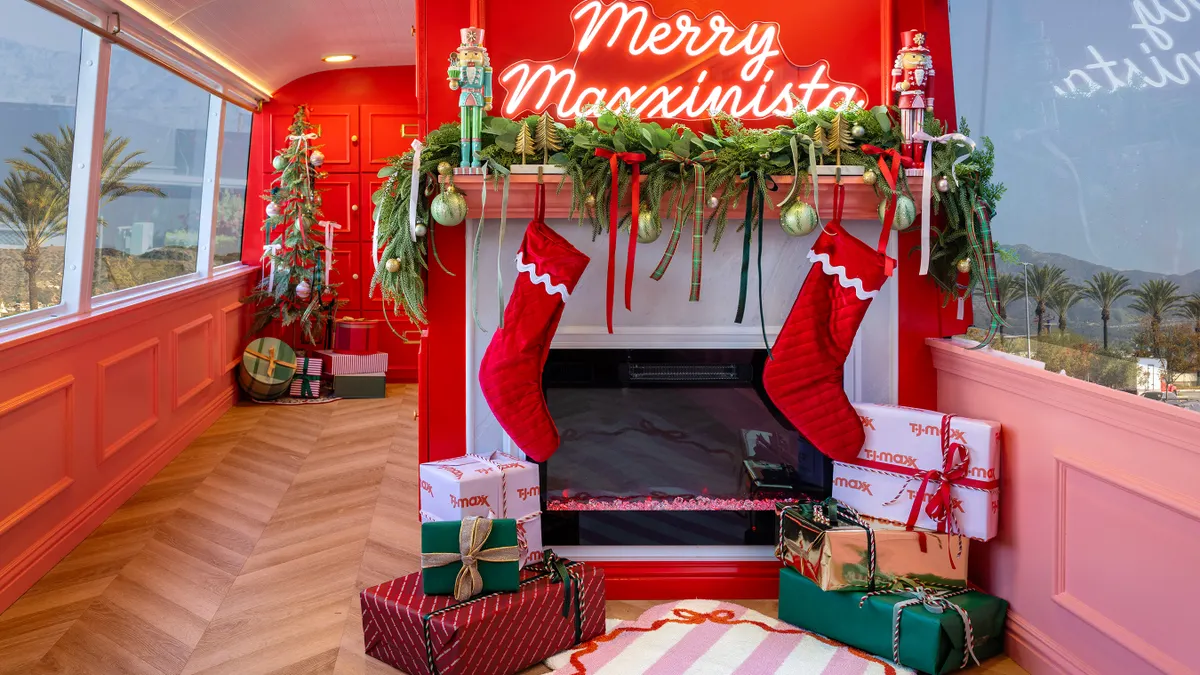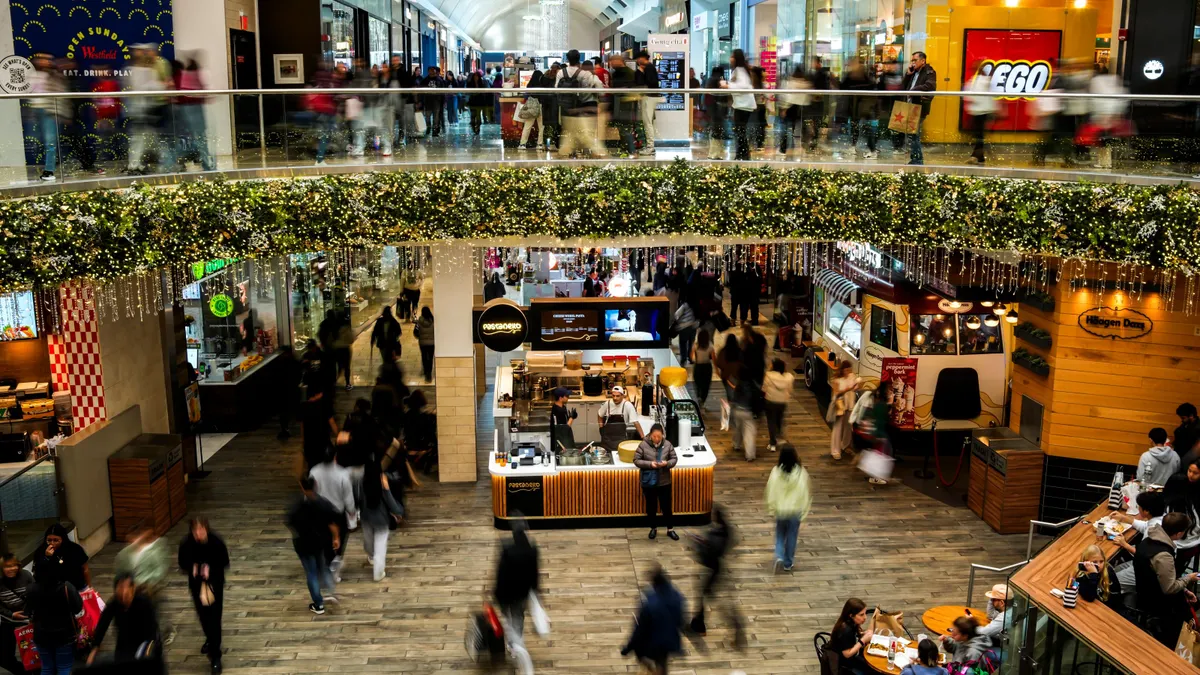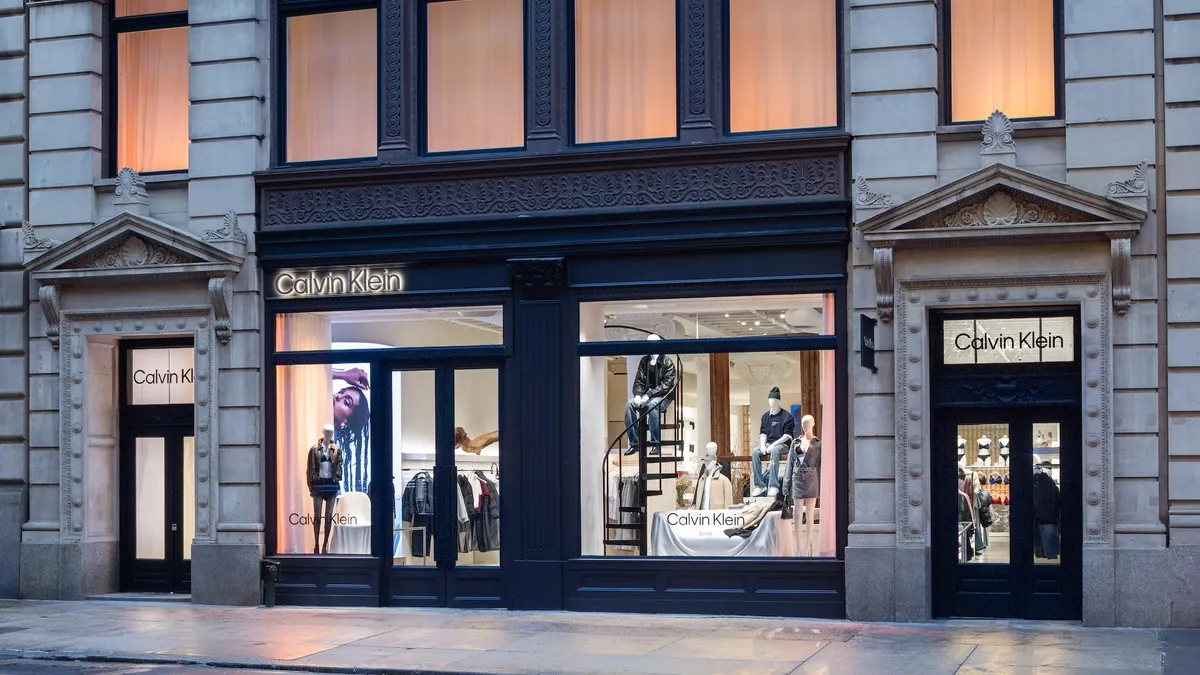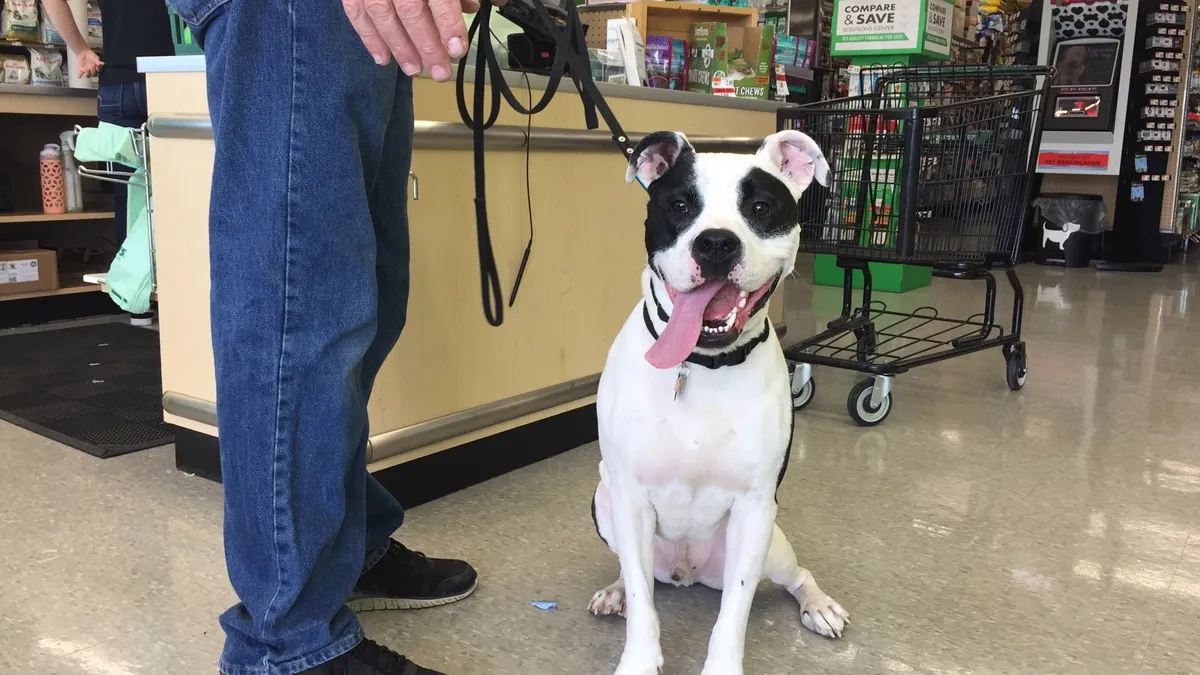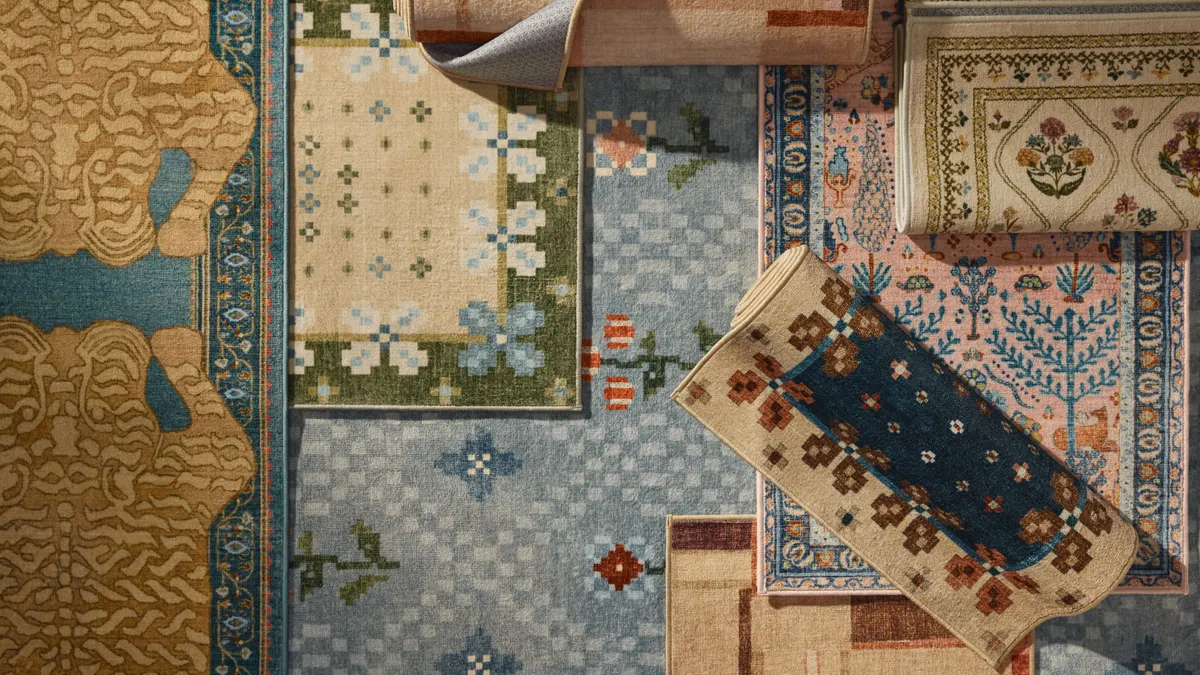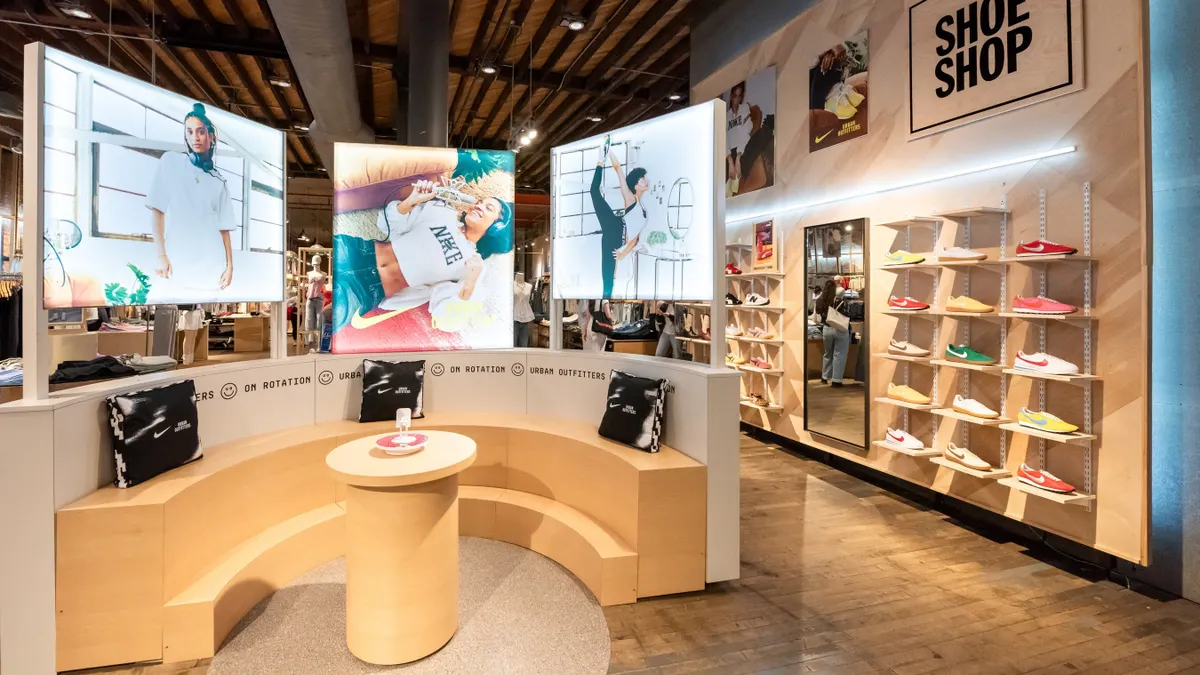Protests against police brutality, which started more than two weeks ago following the killing of George Floyd by Minneapolis police, have evolved into wider calls to correct systemic racism. That is playing out vividly in the beauty industry.
Early this month, Aurora James, founder and creative director of accessories brand Brother Vellies, challenged retailers with The 15% Pledge — a call for multi-brand retailers to evaluate what is on their shelves and increase their offering of Black-owned brands to a minimum of 15%, the percentage of Black people in the overall U.S. population.
About the same time, Sharon Chuter, founder of Uoma Beauty, as part of her own campaign, "Pull Up For Change" with the slogan "Pull up or shut up!", called on beauty companies specifically to release how many Black executives and corporate employees they have.
Sephora announced June 10 that it had committed to The 15% Pledge, and its three stages: determining how much of its shelf space and contracts are with Black-owned businesses; "taking ownership" of the findings, including "understanding blind spots and disparities, and identifying concrete next steps;" then, publishing and executing a plan.
In an emailed statement, James said, "I called on major retailers to commit to the 15 Percent Pledge and allocate 15 percent of their shelf space to Black-owned businesses in the name of financial equality. We are thrilled to announce that of the four businesses we called on originally, Sephora is the first to take the Pledge. Sephora is taking a real stand against systemic racism and discrimination and will work with us at the 15 Percent Pledge in our mission put $14.5 billion back into the Black community."
Sephora has some existing operations and connections it can turn to, including a five-year-old incubator program developed to support women founders, which the company said in an email to Retail Dive will "now focus on women of color." The company also said it will provide "connections to and support from funders and the venture capitalist community" and help "launch and develop Black-owned businesses with support for long-term success."
In an emailed statement, Sephora Chief Merchandising Officer Artemis Patrick said the move was "the right thing to do, for our clients, our industry and for our community," and will help diversify the supply chain. While the company said it was "the first major retailer" to take the pledge, smaller, venture-backed Heyday Skincare announced June 1 on Instagram that it had committed to it.
And others have been ahead of Sephora in developing similar initiatives on their own. Two years ago, for example, Target expanded its beauty products to offer more options for consumers of color, including several Black-owned beauty brands, and in 2018 held a beauty accelerator to mentor brands, with a focus on those run by and for people of color. (Target is one of the retailers James tagged in her initial post about The 15% Pledge. Others included Saks, Whole Foods and Net a Porter. At press time those retailers had not taken the pledge.)
More recently, Glossier last month said it will give $500,000 in grants to Black-owned beauty businesses, (plus another $500,000 to Black Lives Matter, the NAACP's Legal Defense and Educational Fund, the Equal Justice Initiative, the Marsha P. Johnson Institute and We The Protesters). In a blog post Thursday, which includes an application due July 3, Glossier Founder and CEO Emily Weiss elaborated to say that grants of $10,000, $30,000 and $50,000 will be awarded to Black beauty entrepreneurs "depending on the stage of their business," and that those selected will have the opportunity to connect with Glossier team members for advisory support and monthly calls with experts in areas like supply chain, packaging and content strategy. She expects some 15 brands to be selected.
Weiss also provided some transparency into Glossier's diversity, saying that "while 37% of our leaders, and 60% of our board, identify as people of color, we currently have no Black representation at the leadership level" and promising to "start holding ourselves accountable publicly by sharing our progress on an annual basis."
Glossier's added layer of transparency earned a shout-out from Pull Up For Change on Instagram.
While different from the 15% promise, Glossier's move is especially impressive because it makes its own products, said DeAnna J. McIntosh, founder of retail and e-commerce consultancy The Affinity Group International.
"They're essentially funding what will be their competition one day, so this an awesome effort on their part, and a great example of a company putting their money where their values are," she told Retail Dive by phone.
A rush to make such pledges holds some risk, above all that the Black business owners involved aren't supported adequately, setting them up for failure, McIntosh also said. The 15% Pledge itself acknowledges that, noting on its website that the pledge is "not prescriptive," and that changes will take time, especially in the pandemic era.
"I'm glad Sephora took the pledge and has an accelerator program already in place to use, but I'd assume other retailers don't," McIntosh told Retail Dive. "There's a big difference between selling through a big retailer and a boutique. A better response would be to start a program, like Target's incubator, so that these brands can be successful."
UPDATE: This story was updated to include comments from Aurora James, creative director of Brother Vellies and founder of the 15 Percent Pledge.



